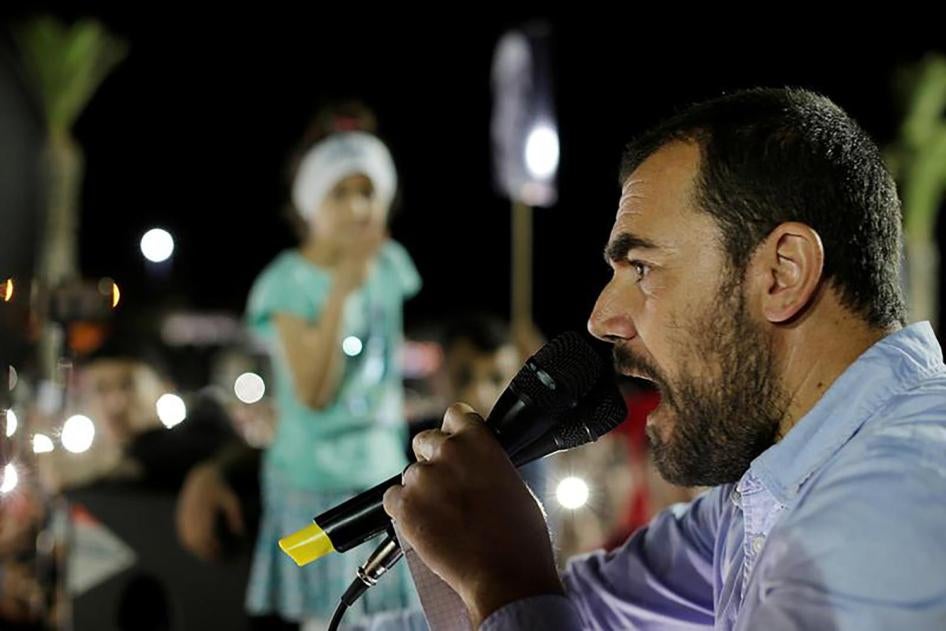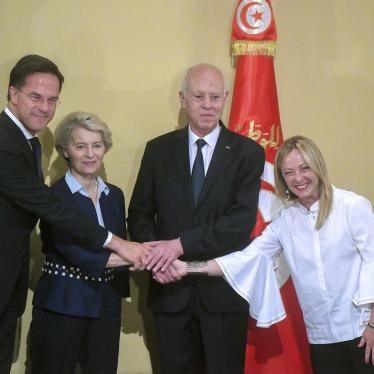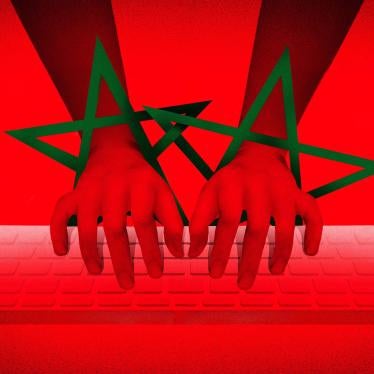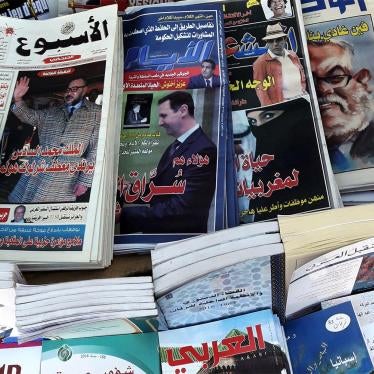On the International Day of the World's Indigenous Peoples, we, the undersigned civil society organizations, call for the immediate and unconditional release of Nasser Zefzafi from his unjust detention in Morocco. Zefzafi is a human rights defender serving a 20-year prison sentence for peaceful activism on behalf of his Indigenous Amazigh community in the marginalized Rif region.
Zefzafi was a prominent leader of the 2016 Hirak movement, which was triggered by the brutal killing of a local fishmonger in Al Hoceima. It was the country’s largest series of public demonstrations since 2011, gathering tens of thousands of people. Zefzafi and other Hirak leaders expressed socioeconomic demands that received national and international attention, and transcended class divisions, without violence. Zefzafi was arrested on May 29, 2017. He was subjected to torture and other ill-treatment by police officers and held in prolonged solitary confinement for nearly a year between September 2017 and August 2018.
In a 2018 letter to the European Parliament as one of the Sakharov Prize finalists that year, Zefzafi displayed a lasting commitment to nonviolence and justice in the face of a litany of abuses committed against his community. In his own words, he aims to “one day awaken in a … world [without weapons],” with its people living “in peace on this beautiful blue planet.”
Zefzafi’s leadership was crucial to the Hirak movement despite his imprisonment. In 2017 a leaked video showed Zefzafi detained, with bruises and other marks on his body suggesting abuse. This video sparked a new eruption of protests in several cities—within and outside of the Rif—calling for his release.
Zefzafi’s case is emblematic of the current wave of repression and human rights abuses in Morocco. Zefzafi and many other activists in the country have been mercilessly prosecuted, imprisoned, and tortured. Notably, multiple journalists have been surveilled, threatened, and jailed for any reporting that could be perceived as critical of King Mohammed VI or the security services. In November 2022, Mohammed Ziane, an 80-year-old veteran lawyer who represented Zefzafi, was arrested and sent to prison, in apparent retaliation for his human rights work.
According to sources close to him, Zefzafi’s health continues to deteriorate in prison as authorities prevent him from receiving sufficient medical treatment. “As he continues to endure terrible treatment into the fifth year of his long sentence, we join our partners in calling for Zefzafi’s immediate and unconditional release,” said Margaux Ewen, director of Freedom House’s Political Prisoners Initiative. “We stand together on the International Day of the World’s Indigenous Peoples to show Zefzafi that he and the peaceful movement he represents are not forgotten.”
The Kingdom of Morocco nominally holds regular multiparty elections for parliament and local bodies, and reforms in 2011 shifted some governmental authority from the monarchy to the national legislature, but the king and his palace officials maintain full dominance through a combination of substantial formal powers and informal lines of influence in the state and society. Many civil liberties are constrained in practice. In Freedom House’s Freedom In the World 2023 report, Morocco is classified as Partly Free, with an overall score of 37 out of 100. For political rights, Morocco has a score of 13 out of 40, and for civil liberties, it has a score of 24 out of 60.
List of signatories:
Amnesty International
Center for Victims of Torture
Freedom House
Human Rights Watch
Project on Middle East Democracy (POMED)








